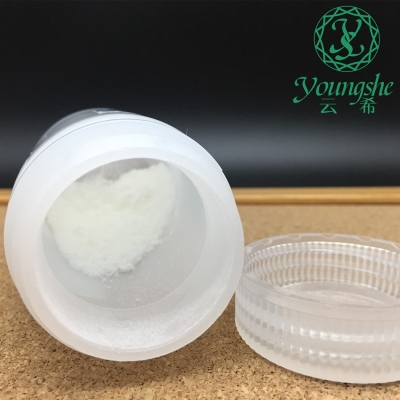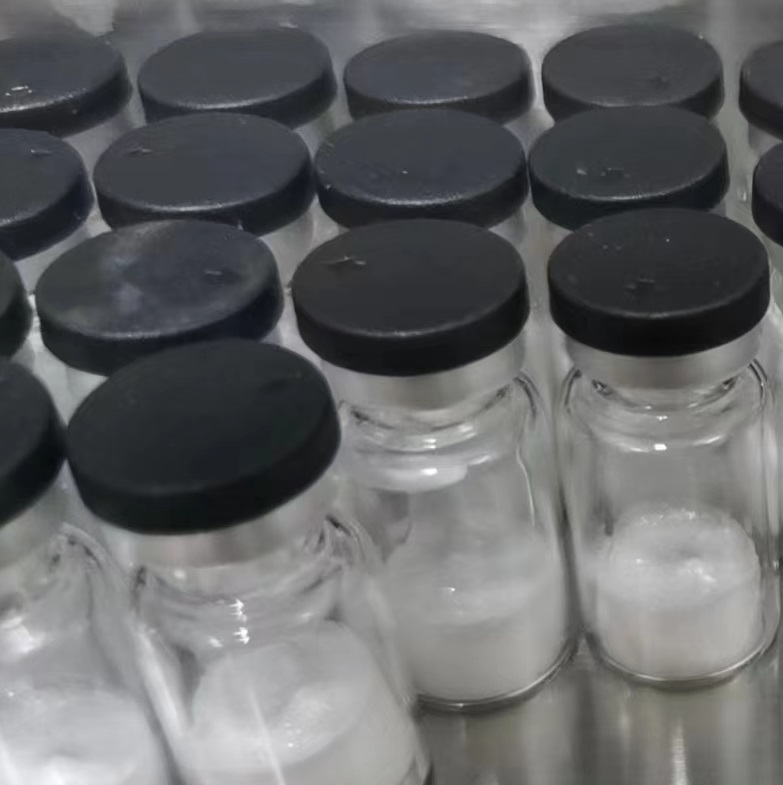BMJ: Using SGLT2 inhibitors reduces the risk of severe renal function events in diabeticpatients
-
Last Update: 2020-06-25
-
Source: Internet
-
Author: User
Search more information of high quality chemicals, good prices and reliable suppliers, visit
www.echemi.com
Researchers recently assessed the relationship between sodium-glucose co-transportprotein 2 (SGLT2) inhibitors and the risk of severe renal function eventsresearch was conducted in Sweden, Denmark and Norway, with 29,887 new users of SGLT2 inhibitors participating in 2013-18 (of which Dagre net edifron 66.1 per cent, Ngre net 32.6 per cent and Kagre net 1.3 per cent), while recruiting 29? 887 patients with dipeptidepeptidease-4 inhibitors had an average follow-up time of 1.7 yearsThe main results of the study were serious kidney events, including renal replacement therapy, kidney-caused death and hospitalization for kidney eventsThe average age ofpatients was 61.3 years, 11108 (19%) had cardiovascular disease and 1974 (3%) had chronic kidney diseaseThe use of SGLT2 inhibitors reduced the risk of severe kidney events compared to patients using dipeptide-4 inhibitors (2.6 events per 1,000 people per 1000 people vs 6.2 events per 1000 people per year; a risk ratio of 0.42), with an absolute difference of 3.6 events per 1000 people per yearIn the secondary analysis, compared with patients with dipeptidepeptidease-4 inhibitors, patients with SGLT2 inhibitors had a risk ratio of 0.32, a risk of kidney events in hospital ations was 0.41 (0.32-0.52), and kidney-related deaths were 0.77In the sensitivity analysis, the risk ratio was 0.41-0.55 after adjusting factors such as glycitin, glomerular filtration, blood pressure, body mass index, and smokingstudies have shown that the use of sodium-glucose co-transporter 2 inhibitors can reduce the risk of severe renal function events
This article is an English version of an article which is originally in the Chinese language on echemi.com and is provided for information purposes only.
This website makes no representation or warranty of any kind, either expressed or implied, as to the accuracy, completeness ownership or reliability of
the article or any translations thereof. If you have any concerns or complaints relating to the article, please send an email, providing a detailed
description of the concern or complaint, to
service@echemi.com. A staff member will contact you within 5 working days. Once verified, infringing content
will be removed immediately.







